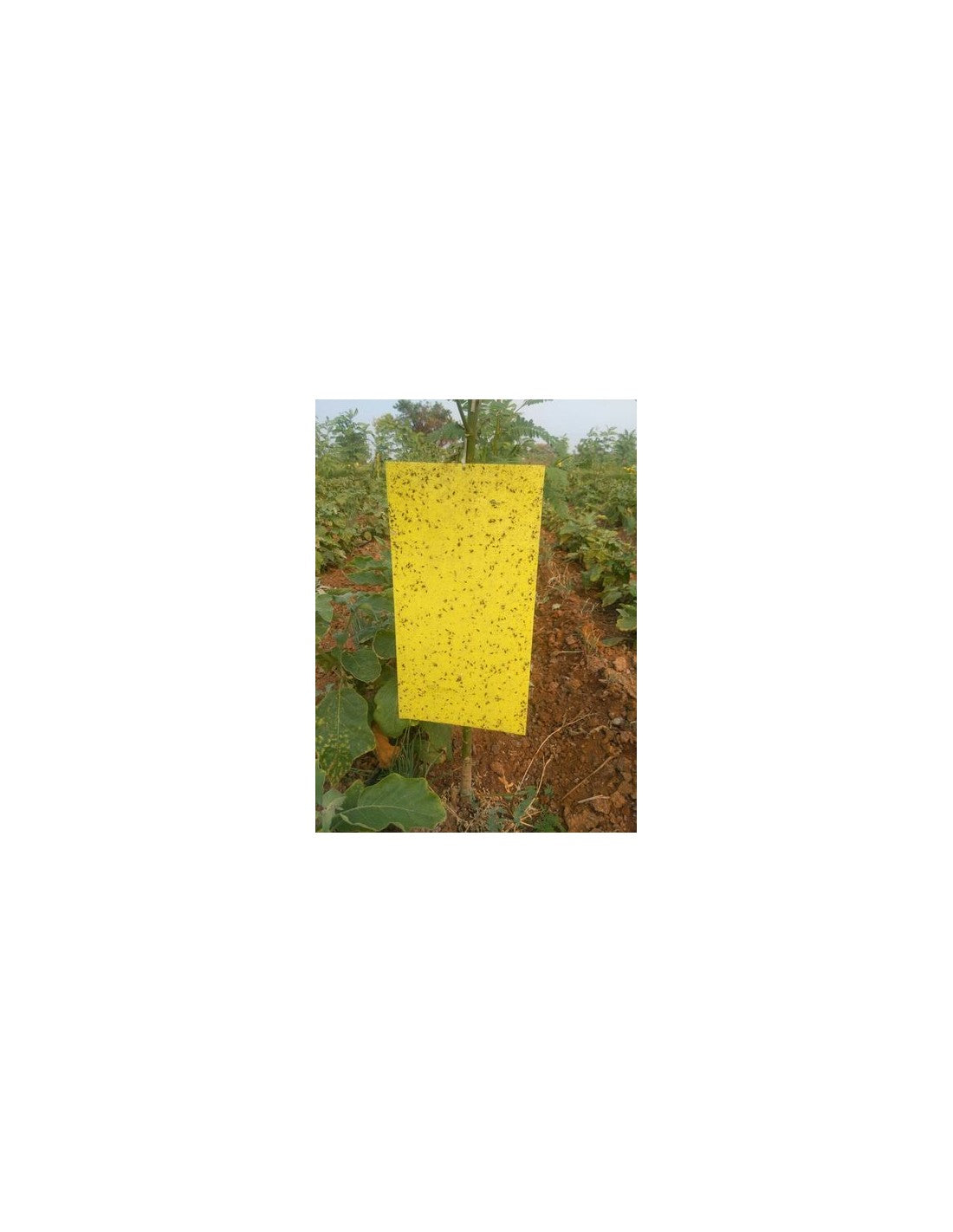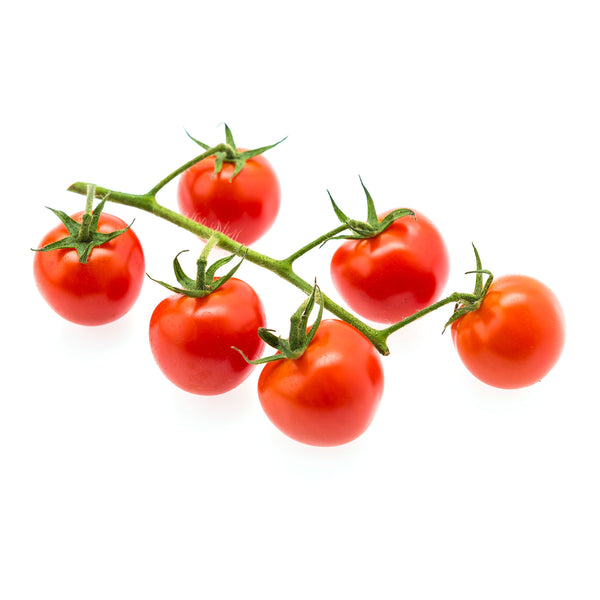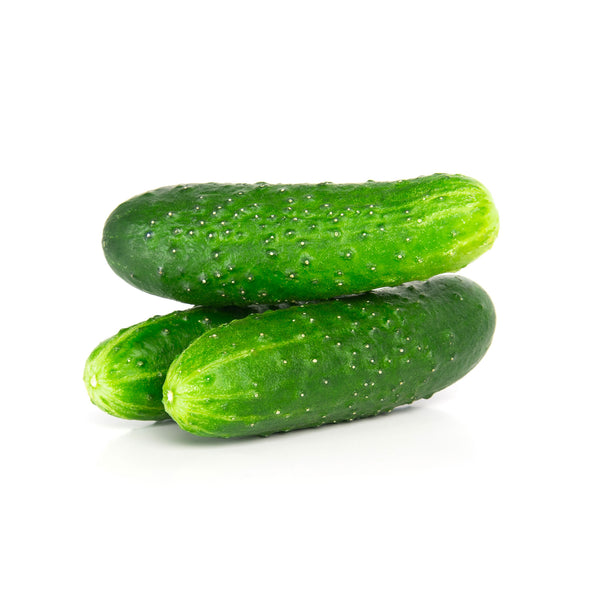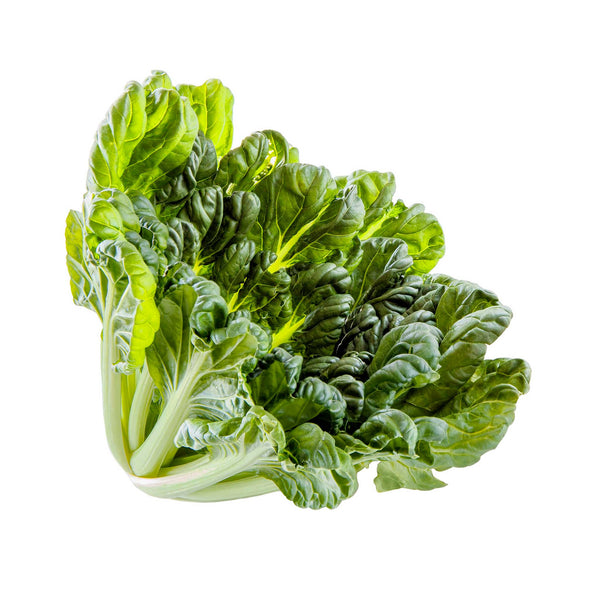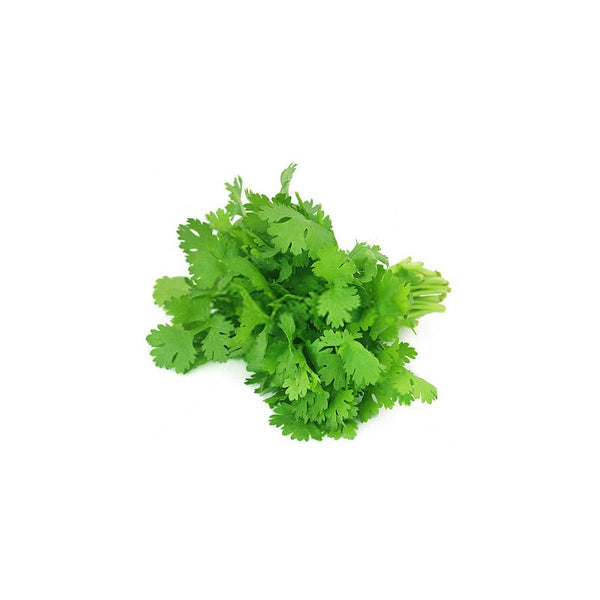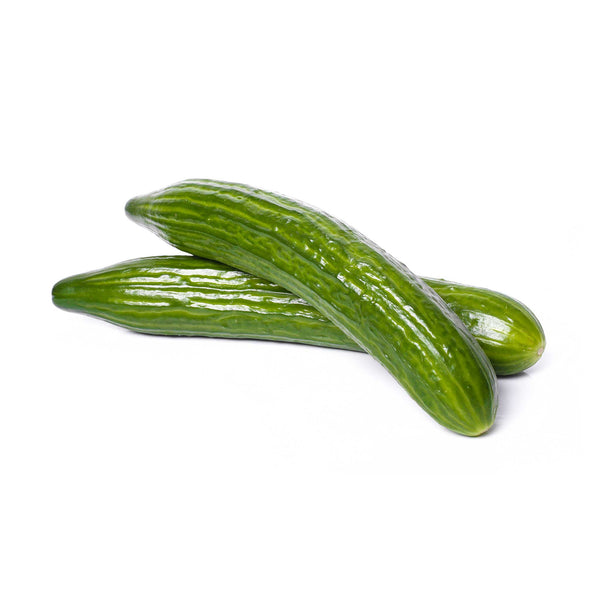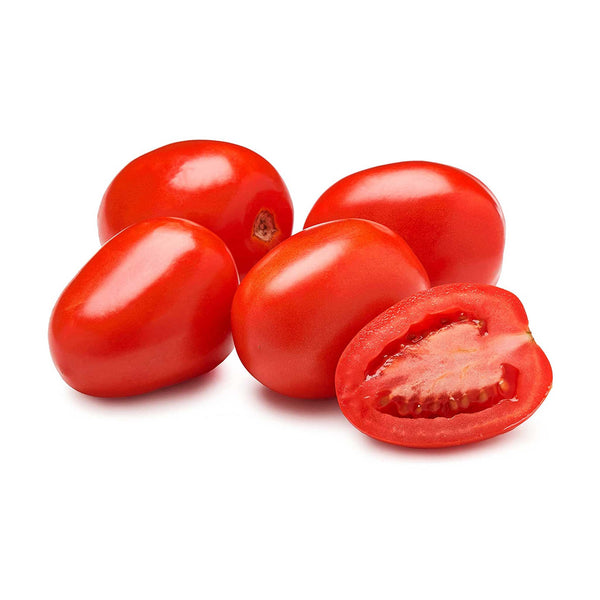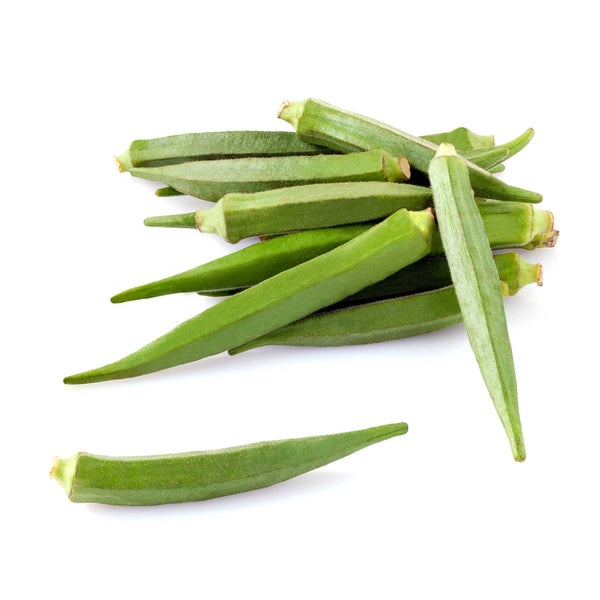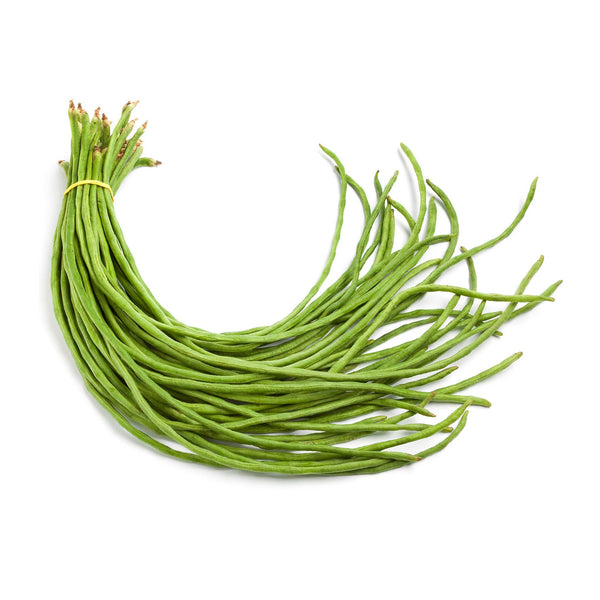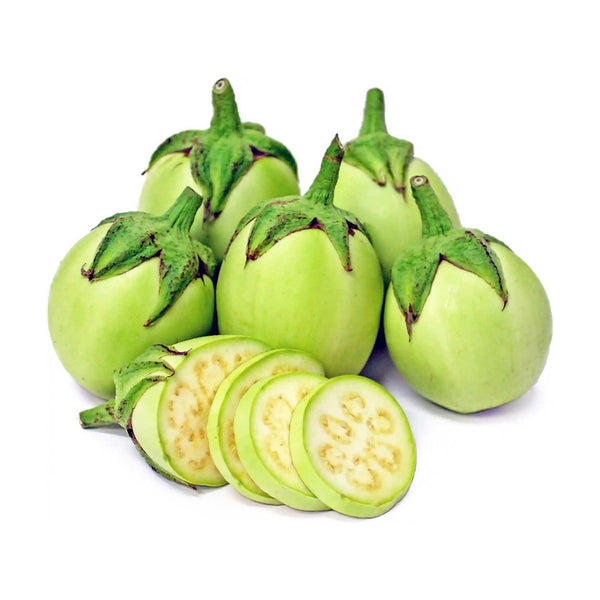Home Gardening Inputs Yellow Sticky Traps
Yellow Sticky Traps
Rs. 200.00
Yellow Sticky Traps are essential tools for detection, Monitoring and partial control of a range of flying insect pests
Use yellow sticky trap to monitor and trap: The adult Aphids, Leaf-miners, Whiteflies, Thrips, Sciarids, Fungus gnat
Packaging: 28 x 10 cm (Small, contains 10 double-sided yellow sticky traps)
Use them in your farms and garden
When to use the sticky trap?
Use sticky trap to monitor and trap the adult aphids, leaf-miners, whiteflies, thrips and sciarids. It should be hung when the crop is still young.
How does the sticky trap work?
Sticky traps are essential in the detection and partial elimination of many species of flying pests in greenhouses. Sticky traps make it possible to detect pests at an early stage and then use biological measures to combat them. This prevents unnecessary applications of chemicals.
Moreover, counting the captured insects on the sticky traps on a regular basis makes clear when pests are present in the greenhouse, how fast their population is developing, and when their population is likely to reach its peak. In this way growers are much better prepared for potential threats.
Application
Instructions for usage:
- With regards to tall crops such as cucumber, tomato and pepper, position the traps just above the top of the plant and adjust while the plants grow
- When it comes to crops with a low canopy, support the traps by canes or wire holders and install them maximum 30 cm above the crop
- The traps must be placed in areas where the risk of pest infestation is high, e.g at doors, gable ends and lateral ventilation openings
- Traps must be removed when significant numbers of flying parasites are caught. This happens when traps hang among the plants (instead of above)
Dosage
With regards to monitoring purposes, the advised rate is five traps per 1,000 m². If the traps must contribute to the biological control of pests in so-called hot spots (i.e. mass trapping), use at least one trap per 20 m² or at most one trap per 2 m². Both small and larger traps can be used for this purpose.

